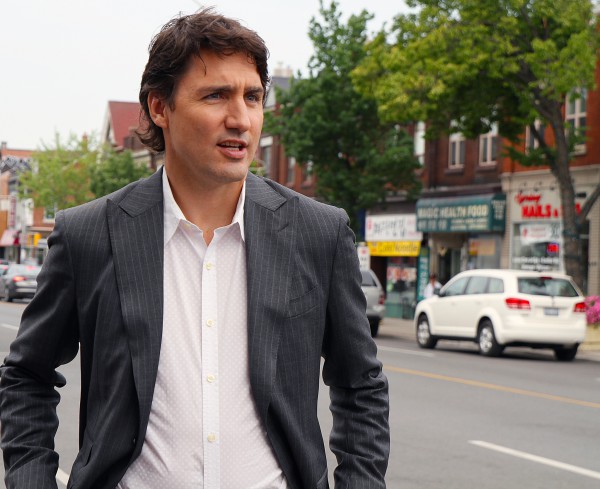
By Cameron Raynor
Canadian University Press (CUP)
Elizabeth Cannon said students should be watching to see if the government follows through on election platform promises like co-op and internship opportunities.
“There are very important opportunities to broaden out the educational experience of our students,” she said. “We know that the world is becoming more global and we need to do our part as universities to help build truly global citizens. And I think mobility domestically and internationally can be key features to help make that happen.”
The change of government in Ottawa is a “huge opportunity” for Canadian universities, said Cannon—who recently began her two-year term as Universities Canada chair.
In the short time since the federal election, Cannon said Justin Trudeau has assumed a “positive tone.” She said the new government’s vision for the country is in line with the goals of Universities Canada.
“The government has signaled the importance of post-secondary education broadly,” she said. “We feel that we’re very well positioned not only with respect to what we feel we can contribute, but where this new government wants to take the country.”
Universities Canada is the “voice of Canadian universities” at the federal level and advocates on behalf of 97 member universities. Each university is represented by its president and they gather at least twice a year. At a recent gathering, Trudeau made a surprise appearance, which Cannon called a “huge signal” for Canadian universities.
The challenge, said Cannon, will be to get in front of the over 200 new MPs in Ottawa. “It’s going to take a bit of time,” she said and that it’s important that Universities Canada is able to talk to new MPs and cabinet ministers and advocate on behalf of the university community:
“We have to make sure that the university education, research and innovation stays on the forefront because it’s so important to help drive the needs around talent, around productivity, and economic growth as well as strong societies,” said Cannon.
Priorities for Universities Canada include supporting Tri-Council funding, addressing aboriginal education and the recommendations of the Truth and Reconciliation Commission’s recommendations, building partnerships with the private sector and not-for-profits, and improving opportunities for students to learn internationally or out of province.
“Hopefully the things that we’re advocating for and the things we’re talking about reflect what students are looking for as well,” said Cannon. “We’re an ecosystem of university leaders trying to work on behalf of our students.”

